People Don't Know Much About Self-Driving Cars, Trust Them Even Less
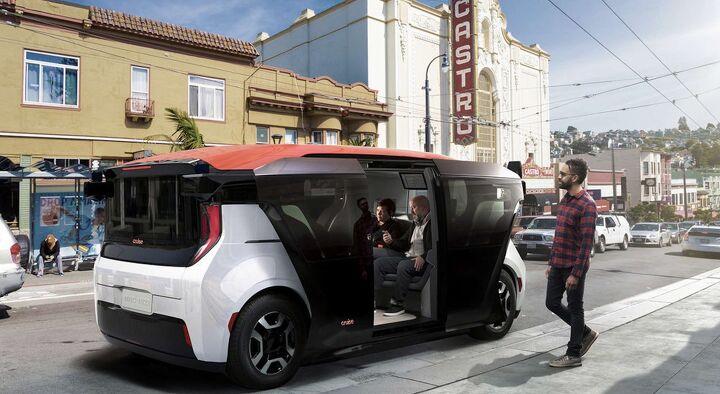
Consumer confidence in fully automated, self-driving vehicles has experienced a decline for a second consecutive year, according to the recently released JD Power 2023 U.S. Mobility Confidence Index (MCI) Study. The study indicates a 2-point decline in the index score for consumer automated vehicle (AV) readiness, dropping to 37 on a 100-point scale. This decrease contributes to a total 5-point decline since 2021.
The findings suggest that consumers exhibit low readiness across all metrics, particularly in terms of comfort riding in fully automated, self-driving vehicles and using fully automated, self-driving public transit. Media coverage emphasizing robotaxi and testing failures, coupled with a lack of general knowledge about AV technology development, has influenced public opinion and consumer comfort.
However, the study also highlights a surge in confidence among consumers who have ridden in a robotaxi in Phoenix or San Francisco, scoring a MCI index of 67. This score is nearly double the index of those who have not experienced a robotaxi ride. It underscores the critical role of firsthand experience in boosting consumer confidence and adoption of fully automated vehicles. The study suggests the need to share these positive experiences with the public to counterbalance negative news cycles. Consumer comfort was notably higher in the West region, where AV testing and deployments are more prevalent.
Lisa Boor, Senior Manager of Auto Benchmarking and Mobility Development at JD Power, emphasized the fragility of consumer trust and its foundational role in long-term AV acceptance. She stressed the importance of leveraging positive experiences to build confidence across all transportation modes, while ensuring they are not overshadowed by deployment issues.
The study also reported an increase in the percentage of consumers who believe fully automated, self-driving vehicles are currently available across various transportation modalities. Consumers are increasingly able to accurately cite examples of available AV delivery services, robotaxis, and commercial transport applications. However, there's an inaccuracy in identifying examples of fully automated personal vehicles available for purchase or lease today. Approximately 22% of respondents incorrectly cited "Tesla" or "Autopilot" as fully automated options.
Bryan Reimer, Ph.D., a research scientist at the MIT Center for Transportation and Logistics and a founder of MIT's Advanced Vehicle Technology (AVT) Consortium, noted the role of experience in enhancing confidence in automation technology. He emphasized the need for proactive education to inform potential users about the advantages and current limitations of vehicle automation systems. Reimer underlined that automated driving technology is still evolving and testing, and consumers' understanding of its progress should be accurately calibrated.
The study also revealed several key findings, including consumers' inability to differentiate between lower levels of automation and concerns about hacking prevention and data privacy. Additionally, it highlighted that many owners admit to engaging in risky behaviors when automation is at play.
The JD Power 2023 Mobility Confidence Index Study is based on responses from 3,000 vehicle owners in the U.S. aged 18 and older who completed a 15-minute online survey. The results are nationally representative, covering a wide array of consumer perspectives on AV technology readiness and comfort across various transportation modalities. The study provides valuable insights into the future of automation and the steps necessary to enhance consumer confidence in self-driving vehicles.
Become an AutoGuide insider. Get the latest from the automotive world first by subscribing to our newsletter here.
This article was co-written using AI and was then heavily edited and optimized by our editorial team.
More by AutoGuide.com Staff














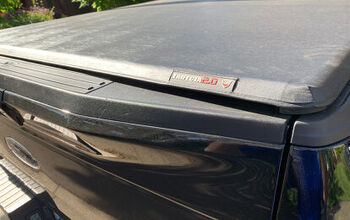
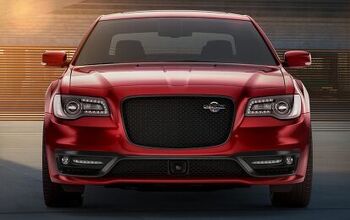

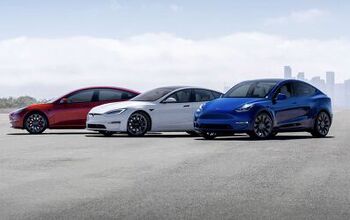
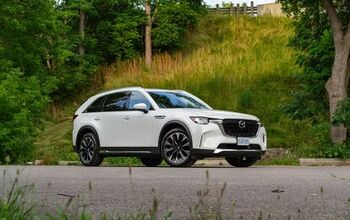


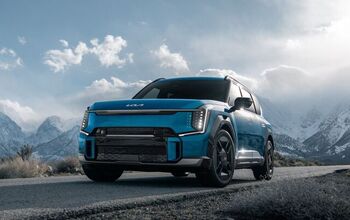
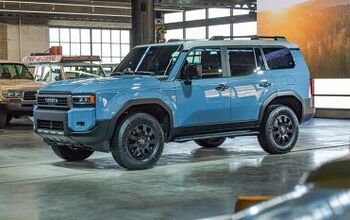

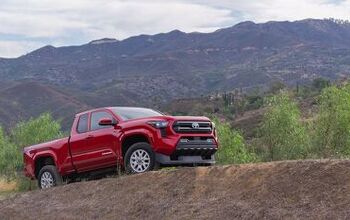

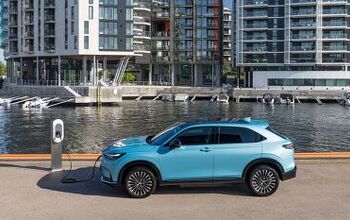
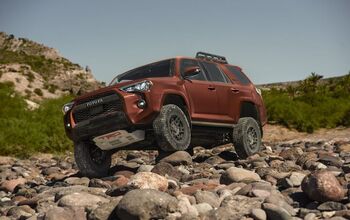


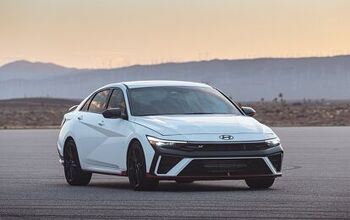
Comments
Join the conversation
Don’t want to drive? That’s why they invented buses, trains, subways, and ELs. No self respecting carguy would consider a self driving car. ;-)
I'd be happy to try one out, just as soon as the company producing it pays the costs of insurance and associated litigation in the event of an accident, injury or fatality.